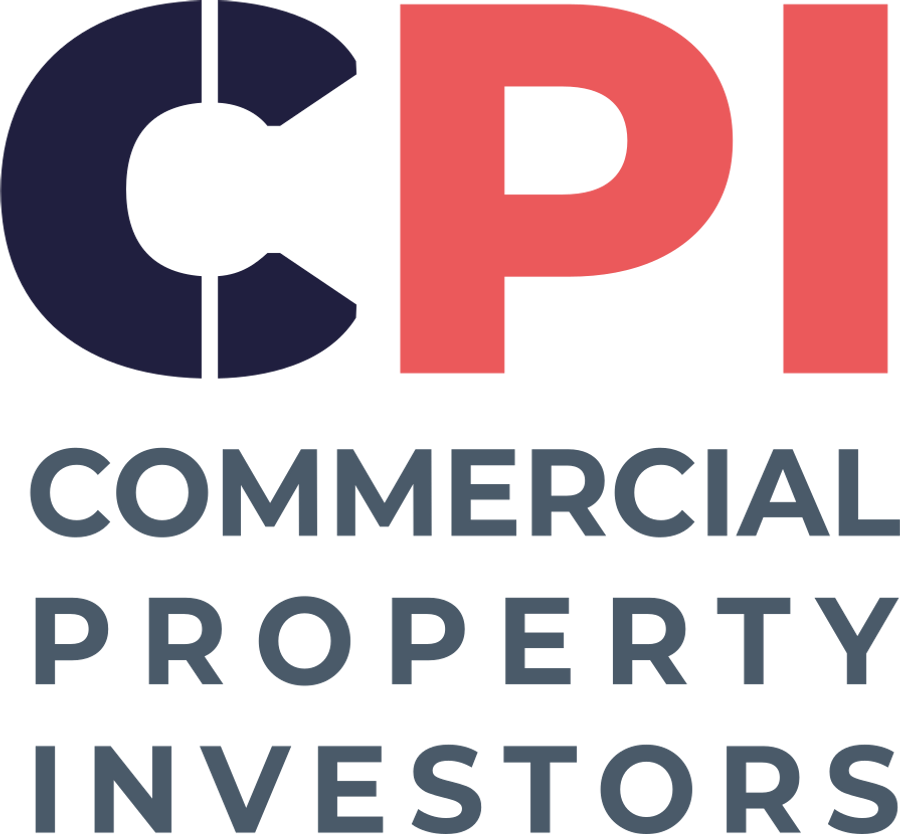Take it from me, signing for a new commercial space can be an exciting, worrying, emotional, challenging and life changing time. Vision and dreaming have brought you to this exciting stage of your business growth. However, don’t let your emotions overrule what should be a sensible and pragmatic approach to your lease contract. At some point you are likely to want to grow or downsize so you need to think of an exit strategy.
What does it all mean?
Traditionally, signing a property lease invariably comes with a clause referring to dilapidations. There should also be mention of a schedule of condition. It documents the condition of the property at the beginning of the lease period.
The ‘recorded schedule of condition’ summarises the condition the property was in at the start of the lease period. The schedule can then be used to benchmark the condition of the property at the end of the lease. Most leases require the tenants to get things back to the way they were. Even if you think you have improved the property by adding lots of lovely features and new spaces, most leases do not see “improvements” as advantageous and you may find you have to pay to have them removed and the property taken back to the original condition.
Even if you have not altered any of the physical space, some leases will state certain maintenance expectations. Examples may include clauses stating “painting every 3 years” inside and out, clearing of gutters, maintenance of flat roofs etc. In this case it could be that there is automatically a certain amount of liability before you even start.
Read the Lease and seek advice.
I know it might seem patronizing, but it always amazes me how many people and businesses don’t seem to take the time to read through a proposed lease. To reduce the possible impact, make sure you have taken the time to read through the lease clauses concerning dilapidations and accurately record the property condition. It is exciting to be taking on a new space for your business, but make sure you don’t sign up to a guaranteed future liability.
Though it is important to try and build a good relationship with your landlord, don’t rely on this. At the start, everyone has the same goal of getting your business into a unit. However, those goals can change over time. You might have a great relationship with your landlord but if they sell, the incoming landlord will only have the paperwork to refer to. Over time we have purchased a few leased properties and it is amazing what the lease dilapidations clauses have included.
How much can it cost?
Often times the tenant doesn’t actually organise and pay for the works. Rather, estimates are formed by a Building Surveyor or a QS. Once estimated, a settlement figure is negotiated between the landlord and outgoing tenant. Believe it or not in my experience a dilapidations settlement tends to be comparable to around 12 months of rental. This can mean that a five-year lease actually ends up having an additional 20% to the term amount. Sometimes it can be wildly different from this, but it is not a bad rule of thumb.
So if you are thinking of taking on a leased space remember there could be a sting in the tail.
What’s the alternative?
Seek out properties and workspaces that are let with a “License to occupy”. This is very different to a lease and can be much more flexible. Typically the initial license period is 12 months. There can still be some exit costs for damage, but this clause if there is one, tends to be much less onerous. This type of contract works readily in multi-let commercial buildings. However, it is not so popular for those seeking long term security on single let units. Serviced or managed space let under a license to can include office space, storage space and workshops. We even have some serviced warehouse units that work really well.
Although Leases form the most common contract type for commercial space, the Commercial property market is gradually and steadily moving towards more flexible offerings. This is driven by customers and landlords with a more hands on approach, seeking to innovate and respond to changing customer demands.
Consider letting on a License basis rather than lease. This gives both the client and landlord more flexibility. In terms of Dilapidations, the main difference with a License to occupy is that the landlord or “Operator” will more often than not provide general maintenance as part of the license agreement and not serve a large schedule of dilapidations at the end of the contract period potentially saving thousands.
All the best in your future ventures.
Do your research and look for some modern alternatives to Leases. Don’t get too emotional with the whole experience.
Leasing and investing in Commercial property can be daunting if you are not used to it. At the best of times industry rules and practices can seem a little hazy. So if you need any advice seek out a reputable surveying practice, or get in touch, I am happy to help.






